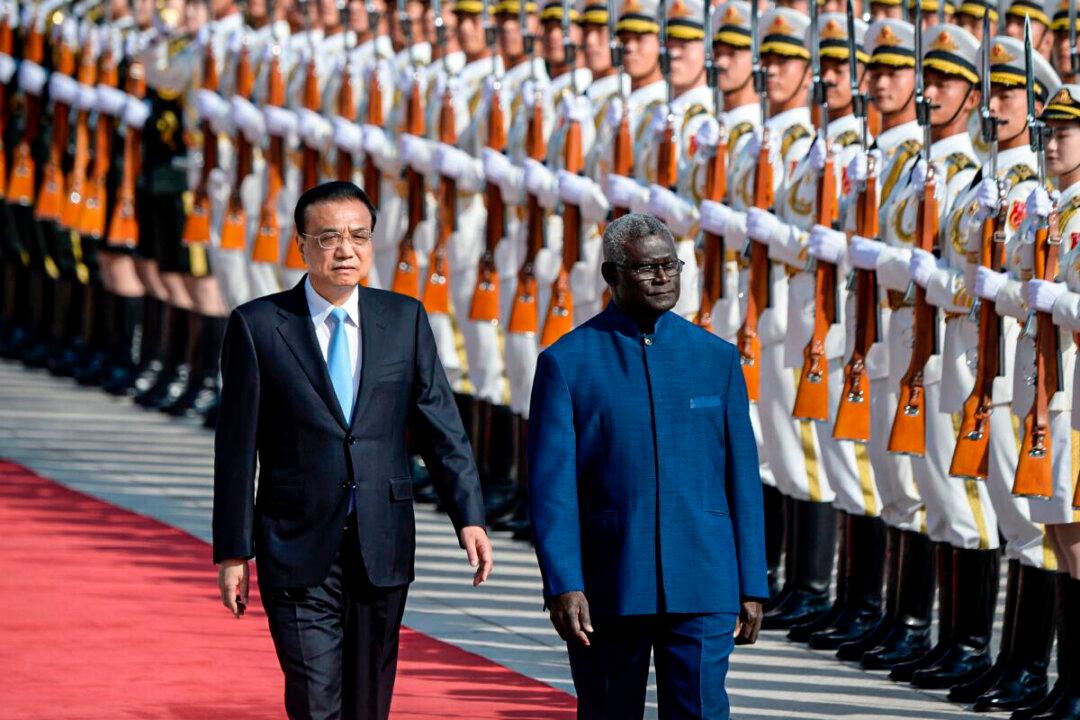A leaked draft security agreement between Beijing and the Solomon Islands’ will allow Chinese forces to be deployed to the Pacific nation to “protect the safety of Chinese personnel and major projects in Solomon Islands,” putting People’s Liberation Army forces within 1,700 kilometres of Australia’s northern city of Cairns.
The agreement, if carried through, would establish a new forward position for Beijing to assert control over the Indo-Pacific. The Solomons was the site of the Battle of Guadalcanal during World War II and fought over tooth and nail because of its influence over the sea lanes in the region.





